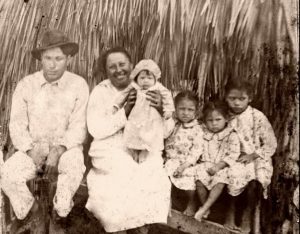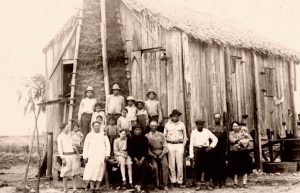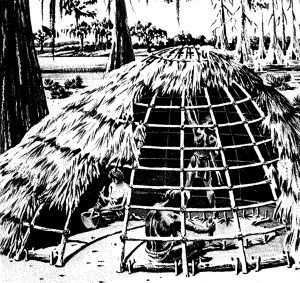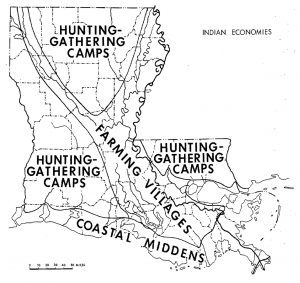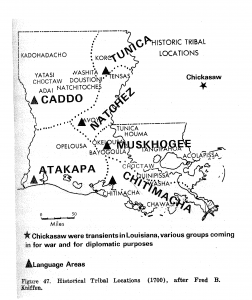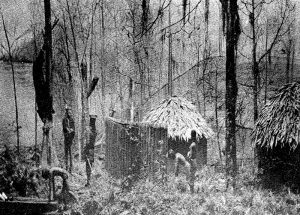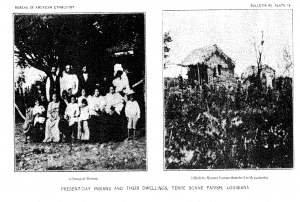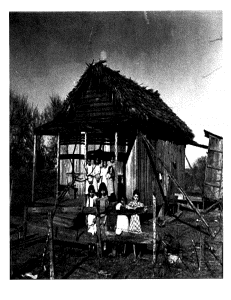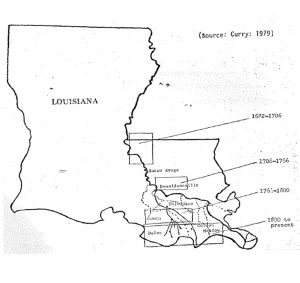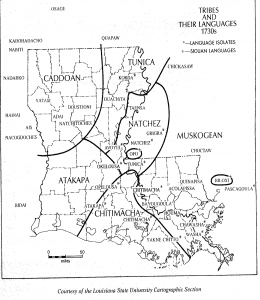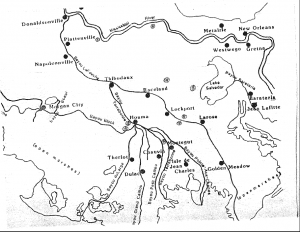By brody gannon, staff writer
While not always welcomed, migration is sometimes necessary for survival. The Houma were one of the native peoples who migrated out of necessity and, ultimately that migration protected the tribe.
The first historical record of the Houma is by the French in 1686 and, according to explorer Henri de Tonti, they were “the bravest savages of the river,” according to an article in the Loyola Law Review by Adam Crepelle. The Spanish came later.
“The French wanted to work with the Houma, while the Spanish were taking things by force,” says Kirby Verret, a Houma member. “Our people first met the French in the mid 1680’s where the Red River and Mississippi River meet. That’s where the Houma people were.”
He says the French were attempting to learn their language and wanted to join the Houma’s active trading system.
But European exploration brought disease and alcohol to the Houma, ravaging the tribe’s numbers by 1700, according to Crepelle. In addition, colonial warfare and tribal conflict split the tribe into two groups on the east and west side of the Mississippi.
The pressures of living between two colonial powers caused conflict within the tribe and, by the 1820s, the Houma sought refuge toward the South into the marshlands of coastal Louisiana, according to Crepelle’s article.
Unlike the Cherokee and other tribes, the Houma had moved far enough south early enough that they were not included in the Trail of Tears, the forced relocation of about 100,000 Native Americans from their ancestral homelands between 1830 and 1850.
“We had already moved further south, so we were out of the way already,” Verret says.
Yet even in the isolated marshes of South Louisiana, the Houma still faced tensions with white settlers causing them to disperse even more into the bayous. Today, the Houma reside mainly in Lafourche and Terrebonne parishes along with St. Mary, Jefferson, Plaquemines and St. Bernard.
Migrations still haven’t stopped. “Even in my lifetime, hurricanes have pushed my family further north from Dulac,” says Roxanna Foret, a Houma member and elementary school social studies teacher. “It fascinates me how they lived and fished near Bayou la Butte. I want my mom’s siblings to bring me down there some day.”
She said their homes were washed away over time, and they have been pushed north due to yearly flooding.


